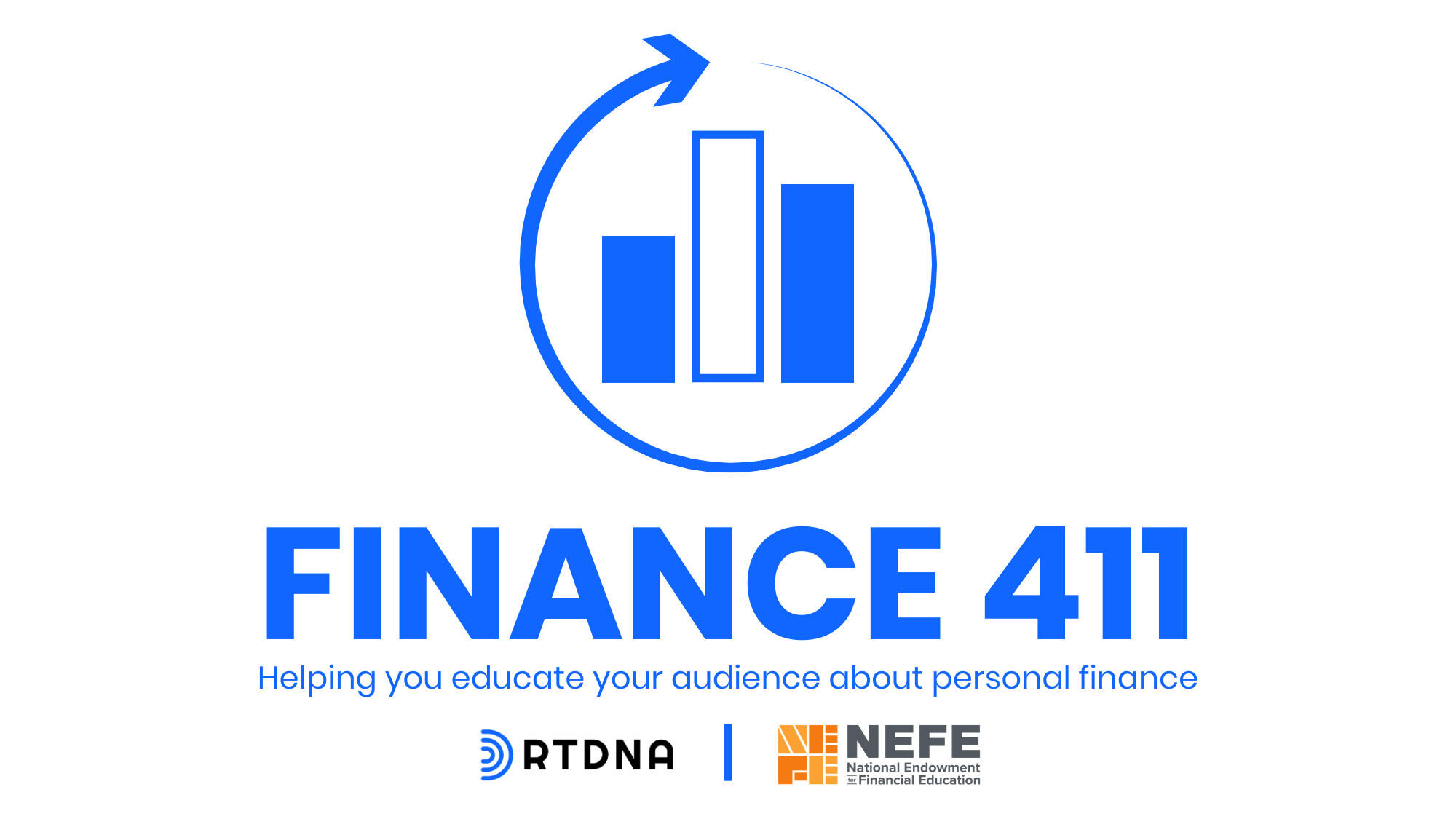Money Matters: A new cost to online shopping

Has your online shopping seemed to get more expensive lately?
It may have, following a recent Supreme Court ruling.
In late June, the Supreme Court made it easier for states to require businesses who sell online to consumers in their states to collect sales taxes.
Previously states could only require businesses to collect sales taxes if those businesses had a physical presence – an office, a warehouse, in the state. Online shoppers should have been independently reporting their online purchases and paying the sales tax on them directly, but most do not.
But in the latest ruling, the Court supported a South Dakota law, in which businesses that did not have a physical presence in the state but did reach a certain threshold of sales were required to collect sales taxes.
So consumers that have been evading sales taxes for online purchases, even if inadvertently, may see more retailers collecting sales taxes at the time of purchase.
The new ruling makes it easier for states to collect sales tax, but this doesn’t mean all retailers will be required by states to add sales tax to online transactions; such rules will likely only apply to businesses with higher levels of sales.
Many larger online retailers, like Amazon and Wayfair, have already been collecting sales taxes for purchases in some or all states with sales taxes.
So will consumers feel the effects of the change?
Likely, yes. For example, much of Amazon’s total sales come from third party sellers simply using the Amazon platform. Those third parties are responsible for calculating and collecting sales tax themselves, and now many more could be required to do so.
Does your state have a sales tax? Has your state enacted any legislation requiring online sellers to collect sales taxes? How could this affect consumers in your state? How about small businesses, either online or brick-and-mortar businesses, which have long been collecting sales tax and could now become more competitive?
Try this story idea, one from our growing list or your own and submit it for a chance to cash in yourself!
Weekly Money Matters personal finance content for your newsroom is sponsored by the National Endowment for Financial Education.
